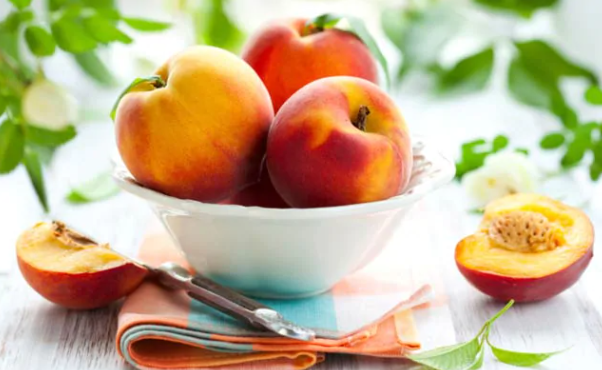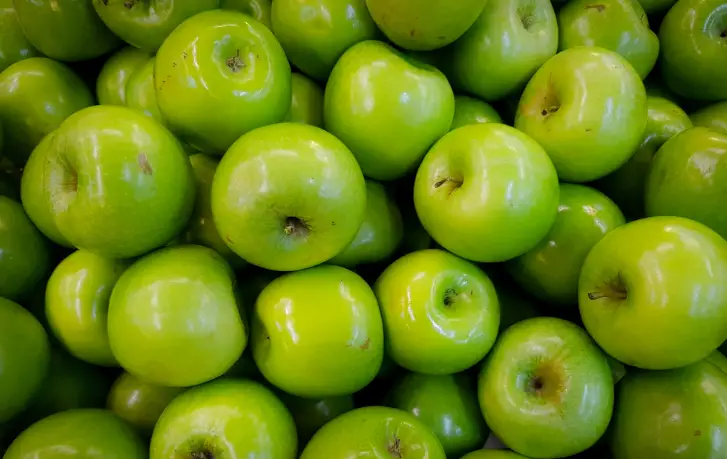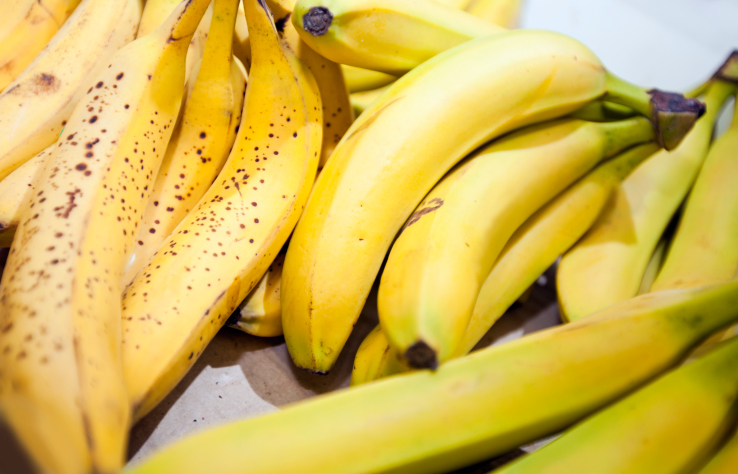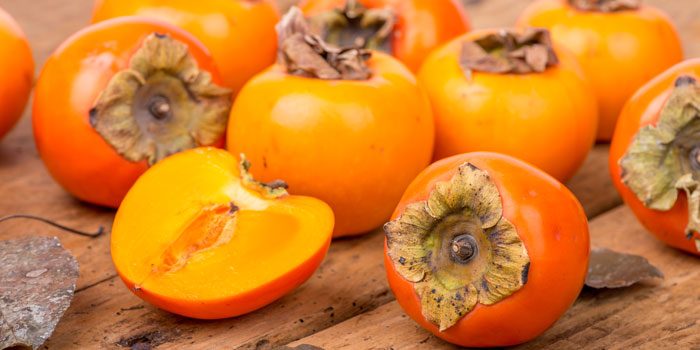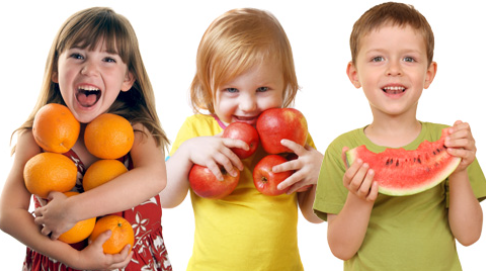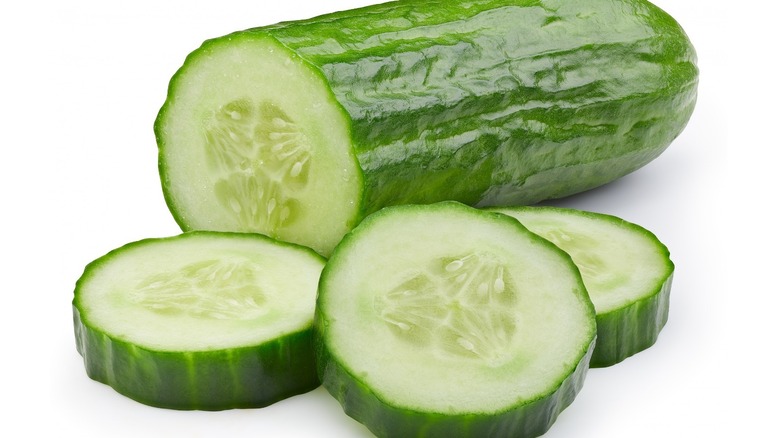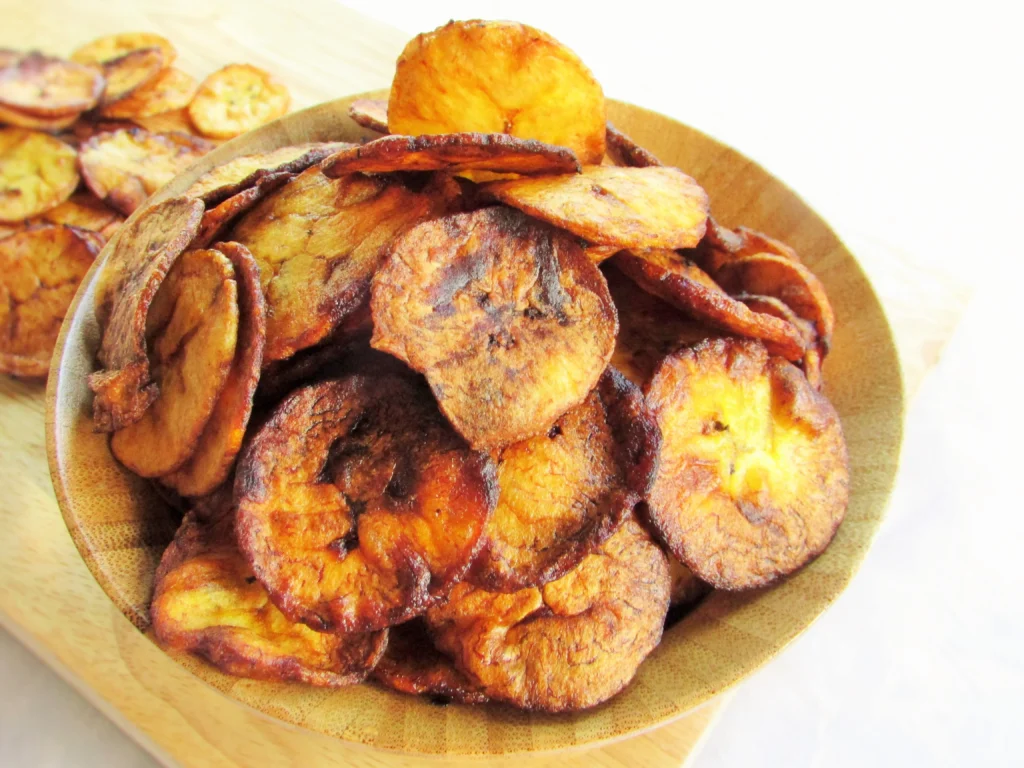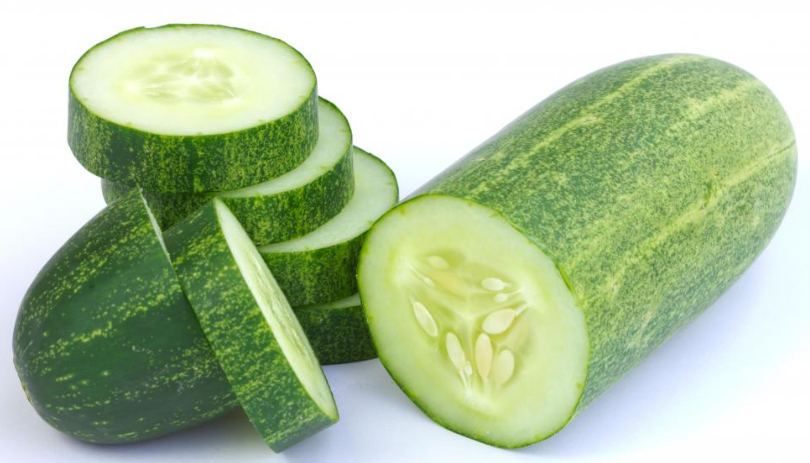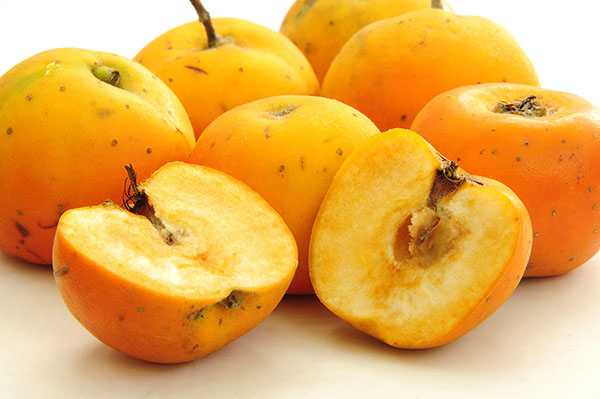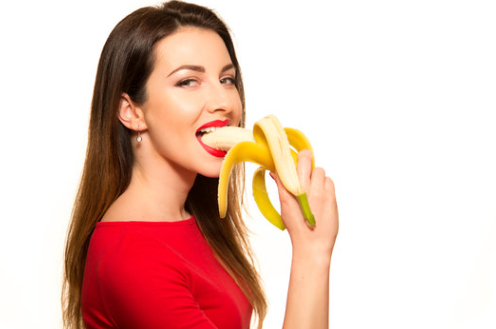Many parents wonder what to feed their babies when it’s time to start solid foods. One common question is whether bananas are a good choice for their little ones.
Bananas are loved for their soft, creamy texture, natural sweetness, and how easy they are to eat. They’re often found in kitchens around the world. But do they make good food for babies? Let’s explore the benefits of bananas, how they fit into the diets of growing babies, and the things parents should think about when giving bananas to their youngsters.
Table of Contents
- What’s In a Banana? Nutritional Benefits for Babies
- When to Give Babies Bananas
- First Solids (Around 6 Months)
- Exploring Textures (Around 8 Months)
- Handling More Solid Foods (9 Months and Beyond)
- How to Serve Bananas to Babies
- Things to Watch Out For
- Conclusion
- Frequently Asked Questions
- Can bananas cause constipation in babies?
- Can babies eat bananas every day?
- Can you freeze bananas for babies?
- Can bananas cause allergies in babies?
- Can babies eat bananas without cooking them?
- Can I use bananas as a natural sweetener in homemade baby food?
What’s In a Banana? Nutritional Benefits for Babies
Bananas are a top fruit choice globally, and they hold a lot of nutrition that’s great for babies just starting on solids. They’re rich in crucial vitamins and minerals like potassium, vitamin C, vitamin B6, and fiber. All these nutrients play a vital role in a baby’s health and growth.
Potassium in bananas keeps bodily fluids in balance and helps muscles and nerves work right. Vitamin C helps the body take in iron, important for healthy blood. Vitamin B6 supports brain growth, while fiber keeps digestion running smoothly.
When to Give Babies Bananas
The right time to add bananas to your baby’s diet depends on their age and how they’re growing. Here’s how you can include bananas as your baby gets older:
First Solids (Around 6 Months)
When your baby hits about six months old, they may be ready for their first solid foods. Many people suggest bananas as a good first food because they’re soft and easy on the taste buds. You can start by mashing a ripe banana until it’s smooth and then give your little one a few small spoonfuls to try.
Exploring Textures (Around 8 Months)
By eight months, your baby might be better at using their hands and eyes together, which means they’re ready to try mashed or chunky foods. Offer them small, easy-to-grip pieces of soft banana to practice eating on their own. Make sure the pieces are just the right size to avoid choking.
Handling More Solid Foods (9 Months and Beyond)
As your baby continues to grow, they can start eating foods with more texture. You can give them bananas that are mashed but still have some chunks, or small pieces they can pick up and chew. This helps them learn to eat by themselves and improves their hand skills.
How to Serve Bananas to Babies
Bananas are typically safe and simple to prepare for little ones, but here are some tips to make banana time enjoyable and safe:
- Go for ripe bananas: They’re softer, sweeter, and easier to digest for babies. Look for yellow skins with brown spots. These bananas usually have a fuller flavor and are just right for eating.
- Start with a smooth mash or puree: For babies new to solids, a creamy banana puree can be easier to eat.
- Move to chunkier textures with time: As your little one grows, try giving them thicker mashes or small pieces of banana to help them get used to different food textures.
- Watch for allergies: Banana allergies are uncommon, but you should still look out for any unusual reactions when your baby tries new foods. Start with a tiny bit and keep an eye on how your baby reacts.
- Don’t forget other fruits and veggies: Bananas are nutritious, but a mix of many fruits and vegetables will make sure your baby’s diet is well-balanced. Keep exploring new tastes and textures to help your baby like all kinds of foods.
Things to Watch Out For
Though bananas are mostly safe for babies, here’s what to keep in mind:
First, always choose ripe bananas. They’re easier to digest and are softer for babies to handle. Second, watch your baby while they’re eating bananas or any other solid foods to lower the risk of choking.
Follow these tips, and you can feel confident about introducing tasty and healthy bananas into your baby’s eating routine.
Conclusion
Bananas are great for babies and come with plenty of nutrients that are important for their health. They work well in a baby’s diet as they grow and start to eat solids.
You can start with a silky banana puree and move on to letting your baby try soft chunks of banana by themselves. This helps them learn how to eat and like a variety of foods.
Keep an eye out for any allergies, mix up the menu with various fruits and vegetables, and your baby will enjoy the sweet taste of bananas while getting the vitamins and minerals they need to grow healthy and strong!
